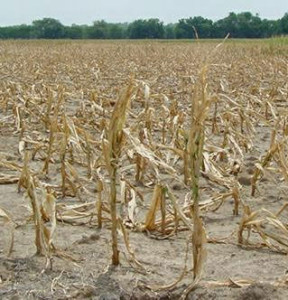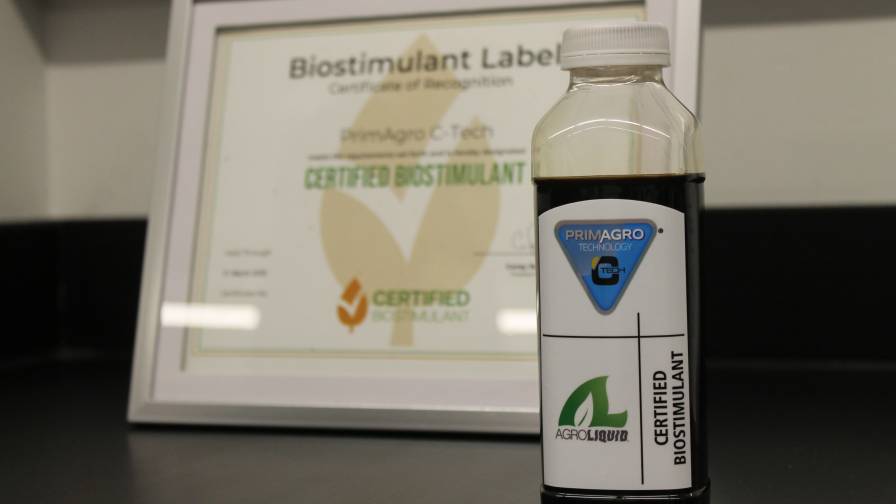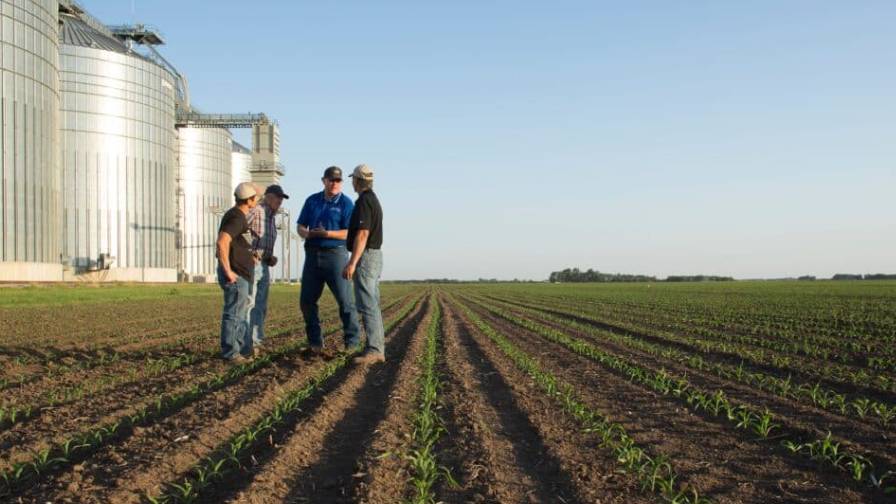Drought 2012: About 20% Of Corn Crop Could Be Lost
 As much as 20% of the U.S. corn crop could be lost because of the worst drought in decades. UPI reports that extreme heat and lack of moisture has left crops stunted in much of the midwest corn and soybean belt from Iowa to Ohio.
As much as 20% of the U.S. corn crop could be lost because of the worst drought in decades. UPI reports that extreme heat and lack of moisture has left crops stunted in much of the midwest corn and soybean belt from Iowa to Ohio.
Indianapolis hasn’t seen significant rainfall in 45 days, tying the Indiana city’s record for its longest dry spell in more than 100 years.
Lakes are drying up and a National Weather Service hydrologist told The Indianapolis Star the region needs continuous rains of at least an inch weekly through the rest of the growing season to save the crop.
The USDA Monday said 43% of Wisconsin’s corn crop and 39% of soybeans are in poor or very poor condition after nearly month of dry conditions. In neighboring Illinois, state university Extension economist Gary Schnitkey estimated crop insurance payouts could exceed $3 billion this year, The Peoria Journal Star reported.
“The cost of subsidizing crop insurance premiums has exploded , from $1.5 billion in 2002 to $7.4 billion in 2011,” Bruce Babcock, an economics professor at Iowa State University told the newspaper.
The high temperature was expected to hit 101 in Madison, WI, Tuesday after Monday’s 98° broke a record set in 1931. Southern Wisconsin has gotten just 0.31 inches of rain since June 1 and two or three inches of rain is needed for the corn to pollinate in the critical 10-day period after it tassels.
“Topsoil has dried out and crops, pastures and rangeland have deteriorated at a rate rarely seen in the last 18 years,” the National Oceanic and Atmospheric Administration said in a report Monday.
More than half (55%) of the lower 48 states is now classified as being in at least moderate drought, the National Climatic Data Center said. That is the highest percentage since 1955.
The USDA declared drought disasters last week in 1,000 counties in 26 states and the 2012 drought potentially could have worse economic impact than the severe 1988 drought.





